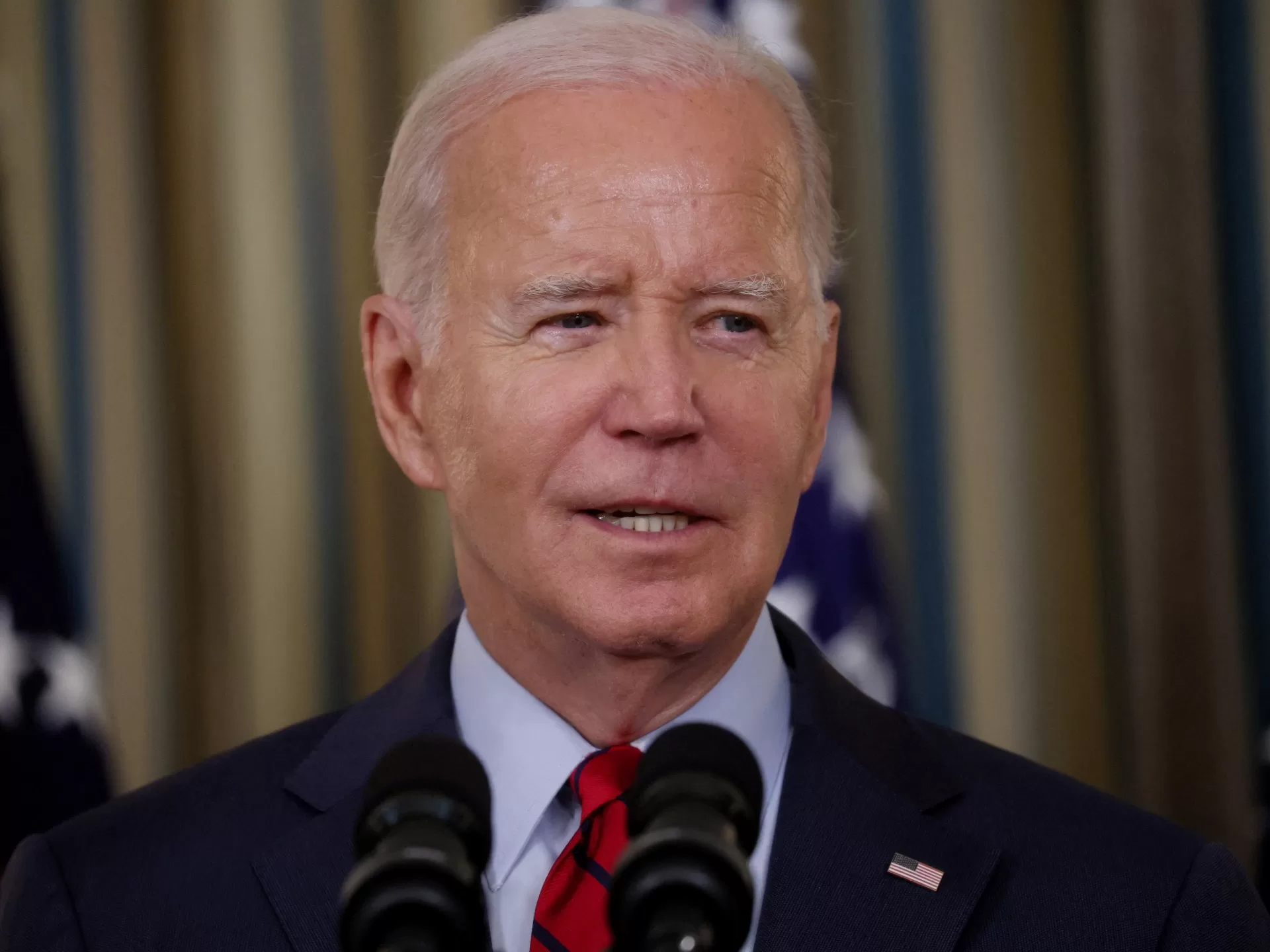Just like me, Biden kept classified information outside a secure facility and shared that information with the press to express concern over US policy. But the prosecutors treated us very differently.
I am always encouraged to hear whenever the Justice Department decides against using the Espionage Act. By the time the ink of the 1917 law had dried, it was already being used to silence voices of dissent across the country. Thousands were rounded up and summarily convicted for their opposition to America’s involvement in the bloodiest conflict in human history at the time.
While some of the worst aspects of the law have since been amended, the Espionage Act remains the premier criminal statute for prosecuting government sources who rely upon the press to expose secret government abuses to the public. The decision by Justice Department officials to go after government whistleblowers with the Espionage Act has been a part of a concerted effort to signal clearly that the next person who dares speak with a reporter could find themselves facing decades of incarceration.
After reading Special Counsel Hur’s report, I was curious to find the similarities between my case and that of the investigation into the president. According to the report, President Biden kept classified information outside of a secure facility at his home and office – as did I. The president later spoke with a reporter about the classified information he retained – again, as did I.
Both President Biden and I expressed to our respective reporters the concerns we had about official US policy – his about the failed 2009 surge in Afghanistan (as vice president) and mine about the consequences of that policy. So why the decision to prosecute one and not the other?
According to Hur, the president would have been seen as too sympathetic to convince a jury of fault in this case. That Hur believes Biden is a well-meaning individual who did not intend any harm by his actions is a good reason for not charging him. Now contrast that with what the government said about me at my sentencing, accusing me of endangering the public and likening me to a heroin dealer. I was portrayed not as someone with good intentions, but as someone who tried to “ingratiate himself with reporters” for the sake of notoriety, as opposed to acting in the public interest.
Hur goes on to cleverly dodge the matter of intent where the Espionage Act is concerned. Counterintuitively, the law does not require proof of intent to harm the United States – only evidence that the unauthorised possessor of national defence information knowingly retains it and wilfully communicates it to someone not entitled to receive it.
Prosecutors usually prove this by pointing to the stacks of nondisclosure agreements every clearance holder must sign in order to remain employed. Being elected, Biden might never have had to sign such an agreement, but – his degree of sympathy aside – it would not have taken much to prove that he knew the disclosure of classified information to be unlawful.
Nevertheless, Biden is let off the hook because he did not mean any harm. In contrast, the government’s pre-trial motions in my case argued that I not be allowed to present evidence of what it called my “good motives”. Afraid my motives might make me appear too sympathetic to a jury, I – like every other whistleblower before me – was rendered effectively defenceless because of a legal technicality in the way the law is written. Given no other choice, I was forced to plead out to avert a costly, unwinnable trial.
All told, the guilt I professed for wilfully delivering national defence information to a journalist was nothing compared to the immense shame I felt for wilfully participating in the drone programme. In 2021, scarcely weeks after I was sentenced to federal prison, Zemari Ahmadi and nine members of his family, most of them small children, were the victims of a mistaken US drone strike. The Pentagon called it a “righteous strike” before the truth forced them to quietly back away and conduct an internal investigation in which it found no one to be at fault for the innocent lives that were taken.
To this day, I am the only person to have worked in the drone programme to have been held responsible. Not for my role in it, but for my effort to reveal the deadly truth of it to the public with the help of a journalist.
I am sincerely glad President Biden was able to receive what so many others in the crosshairs of the Espionage Act have been denied – the benefit of the doubt. But if Joe Biden truly wishes to convey the kind of ideals that helped secure his presidency in the first place, he would utilise his power as president to pardon the whistleblowers and cease the global war on terror policy of “targeted” killing.
The views expressed in this article are the author’s own and do not necessarily reflect Al Jazeera’s editorial stance.
